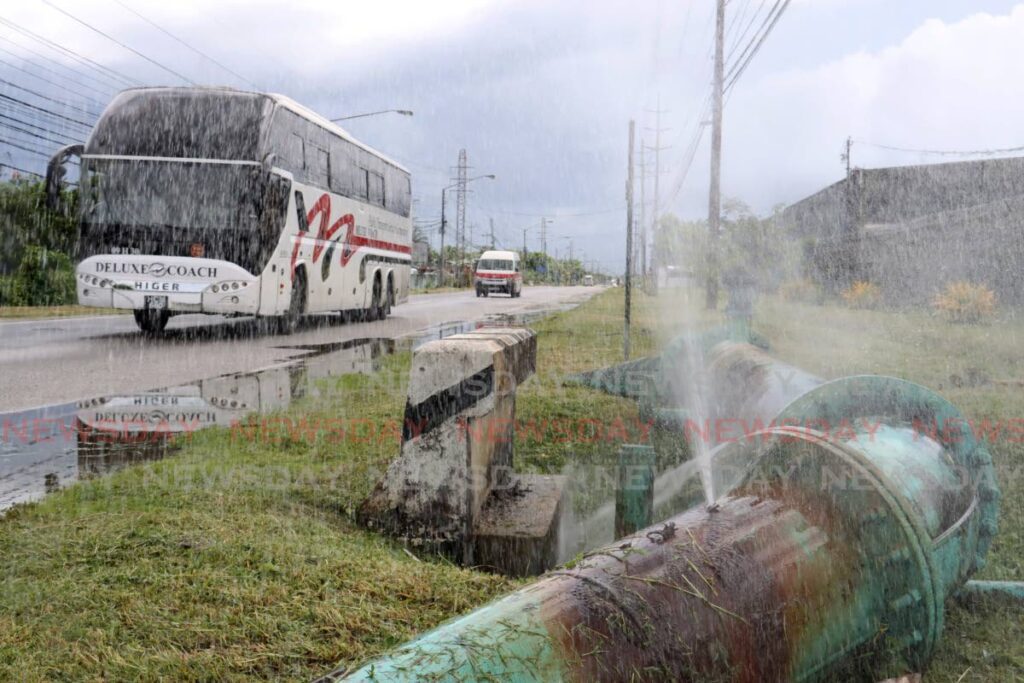WASA's big flush

ON June 25, Public Utilities Minister Marvin Gonzales announced that the restructuring of the Water and Sewerage Authority (WASA) was underway and that the Human Resource Advisory Committee appointed to make the top-level changes had approved the terms and conditions of the new executive. Nine new managers and a new CEO will be appointed in what is expected to be a more streamlined and capable leadership team.
The new CEO has not been formally announced but is said to be of African nationality. After the management team is settled, the committee will move on to advise on the appointments of 34 deputies to work with the leadership team.
According to WASA's current organisational structure, there are 12 executives being guided by the Board of Commissioners and CEO in a confusing hierarchy of sub-reporting responsibilities.
The new leadership team will, Mr Gonzales promised, be a mix of local, regional and international managers. By now, Mr Gonzales should be aware that it will take more than nine new brooms, no matter how qualified and experienced, to sweep clean the Augean stables of WASA's operations and much will depend on the ability of this new team to inspire change in the company's deeply entrenched operations culture. The minister must also be aware that this isn't the first time that WASA has tried to make sense of its management. It isn't even the first time it's tried in this century.
In 2012, the government partnered with the Inter-American Development Bank to "corporatise" the management of WASA. By 2015 the project hosted a workshop at the Hilton that promised much to 60 senior participants, including representatives of employees and external stakeholders. That extended IDB consultancy appears to have been washed away by the change in government in September of that year, apparently pumping WASA into its old pipelines of management.
Dr Rowley is revisiting the change management at WASA, facing the same challenge that Mrs Persad-Bissessar did, a public utility that barely manages to fulfil its mandate.
In its report on the authority to the 12th Parliament in 2022, a Cabinet sub-committee found a professional laundry's list of failures, oversights, and instances of mismanagement at WASA.
Among the highlights?
WASA is only able to supply water 24/7 to just 16 per cent of the population despite having the highest water coverage in the region. Key contract details regarding the authority's business arrangements with Desalcott, from which it purchases 40 million gallons of water per day could not be found. WASA has no idea how much water it loses from leaks which are underground or from outright theft.
That committee listed 95 actionable points that the authority must address. Only three addressed issues with manpower and hiring. The new executive already has its challenges enumerated for them.

Comments
"WASA’s big flush"